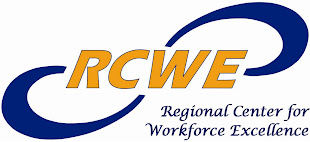The Department of Labor has recently announced two contests with a total of $70,000 in prize money for software applications that showcase innovative uses of the department's data. The goal of the first contest is to connect unemployed workers with promising careers, and the goal of the second is to empower consumer choices about the hotel, motel, restaurant and retail industries. Information about both is posted at www.challenge.gov.
The Occupational Employment Statistics challenge calls on developers to create visualizations using OES data from the Labor Department's Bureau of Labor Statistics to assist individuals in planning their education, considering a career change, moving to a new geographical area or negotiating pay and benefits.
The "informAction app" challenge requires developers to use compliance data from the department's Occupational Safety and Health Administration and its Wage and Hour Division in a way that will empower workers and consumers to make educated choices regarding the hotel, motel, restaurant and retail industries.
Applications that best satisfy the criteria for each challenge will be eligible to receive up to $35,000. Developers are encouraged to combine the required data with any other publicly accessible data available on the Internet and to be creative in exploring approaches for realizing the goals. Submissions may be any kind of software tool, including those designed for the Web, a personal computer, a mobile handheld device, a console or any platform broadly accessible to the open Internet.
The challenges will be open for submissions from July 14 until Sept. 14. Judges will select the winners by Sept. 30, and they will be announced around Oct. 17 at www.challenge.gov.
To help facilitate these challenges, the Labor Department recently launched http://developer.dol.gov, a unique website that makes it easier for software developers to incorporate department data into online and mobile applications through published application program interfaces and software development kits.
News Release


